Our laboratory specializes in comprehensive testing and medical research, offering advanced diagnostic services to support accurate health assessments. We prioritize quality, precision, and innovation to enhance patient care and outcomes.
Our laboratory specializes in comprehensive testing and medical research, offering advanced diagnostic services to support accurate health assessments. We prioritize quality, precision, and innovation to enhance patient care and outcomes.


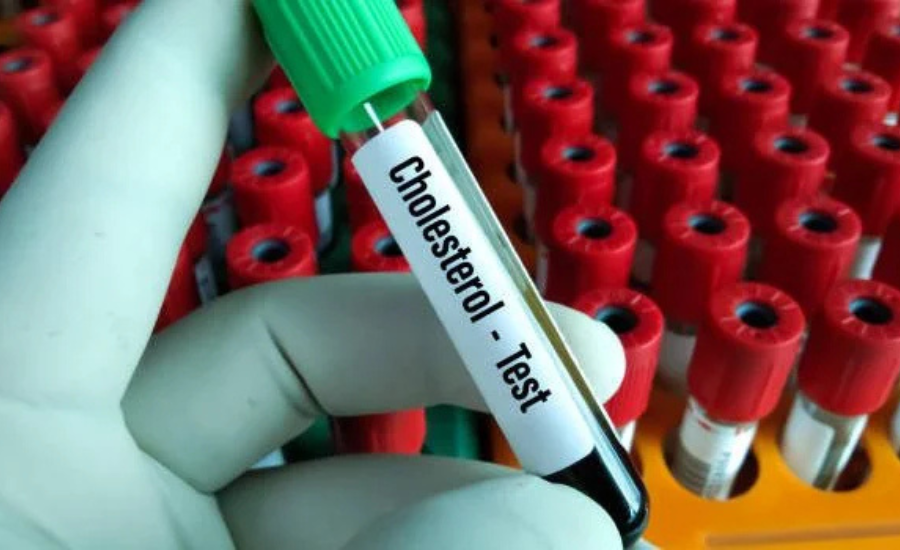


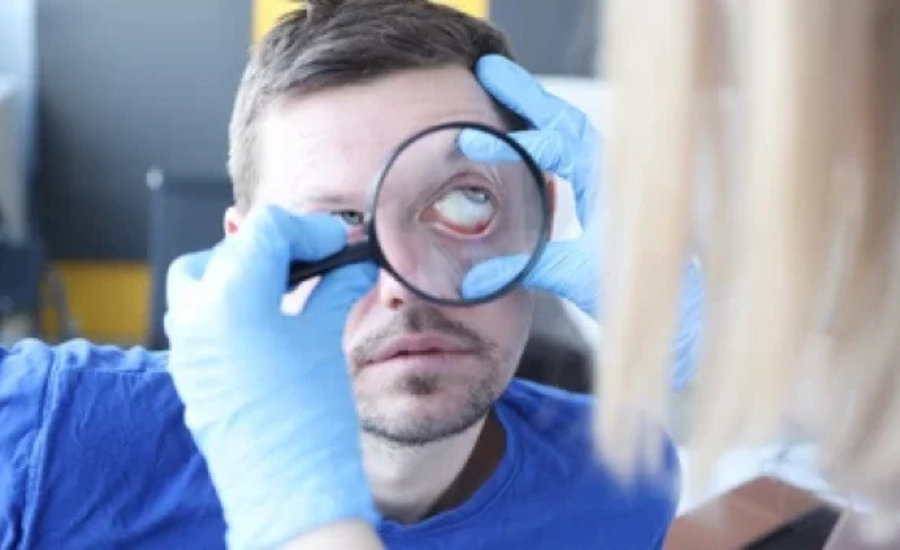
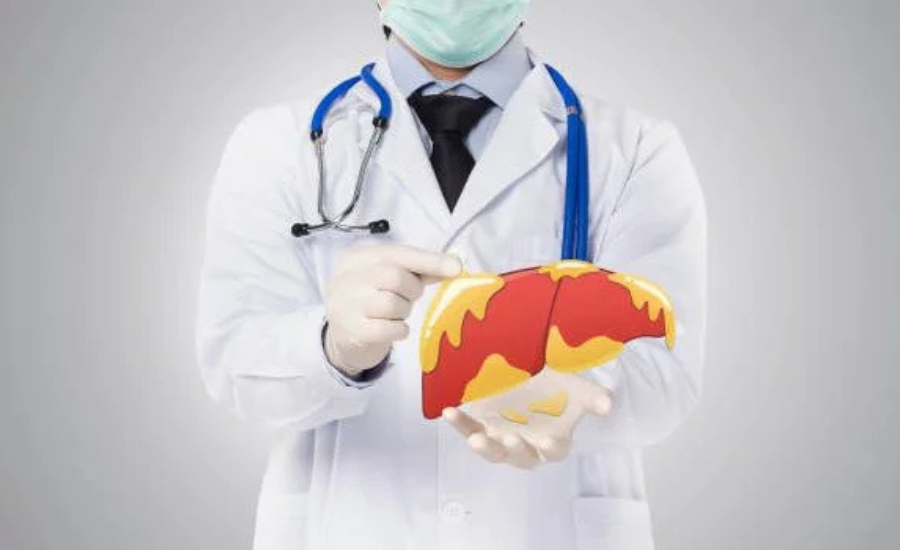



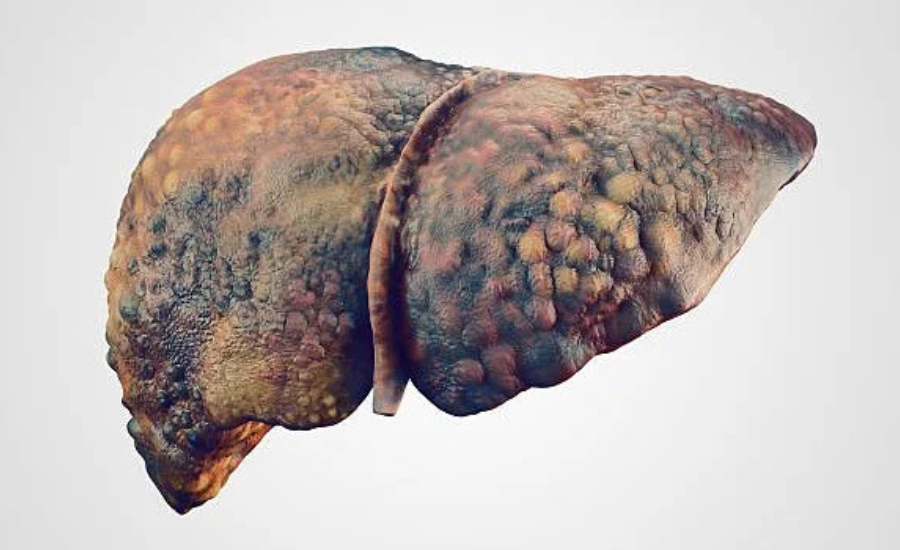
At The Liver Lab, we offer comprehensive health services, including blood collection, metabolic parameter testing, body composition analysis, and advanced non-invasive diagnostics like Liver Fibroscan with CAP score and Spleen Fibroscan. We also provide personalized diet consultations for optimal liver and metabolic health.
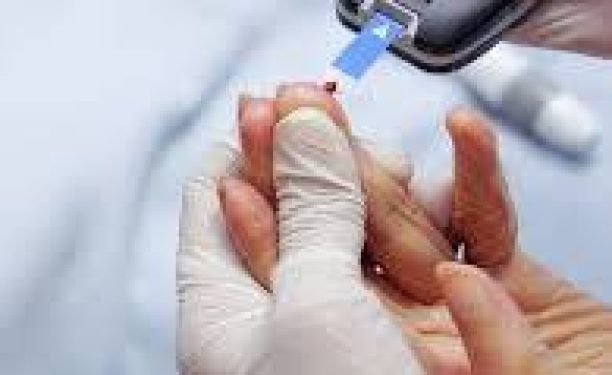
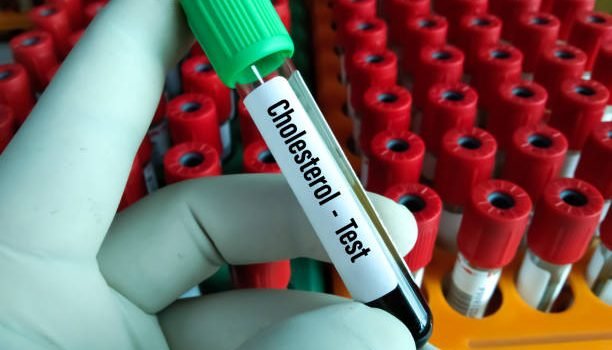


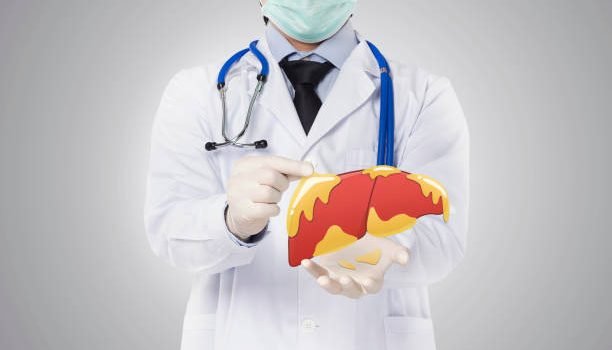



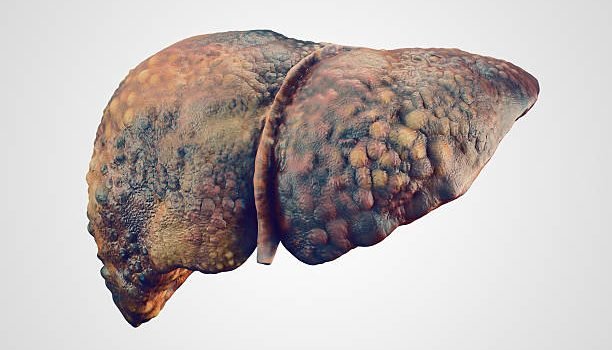
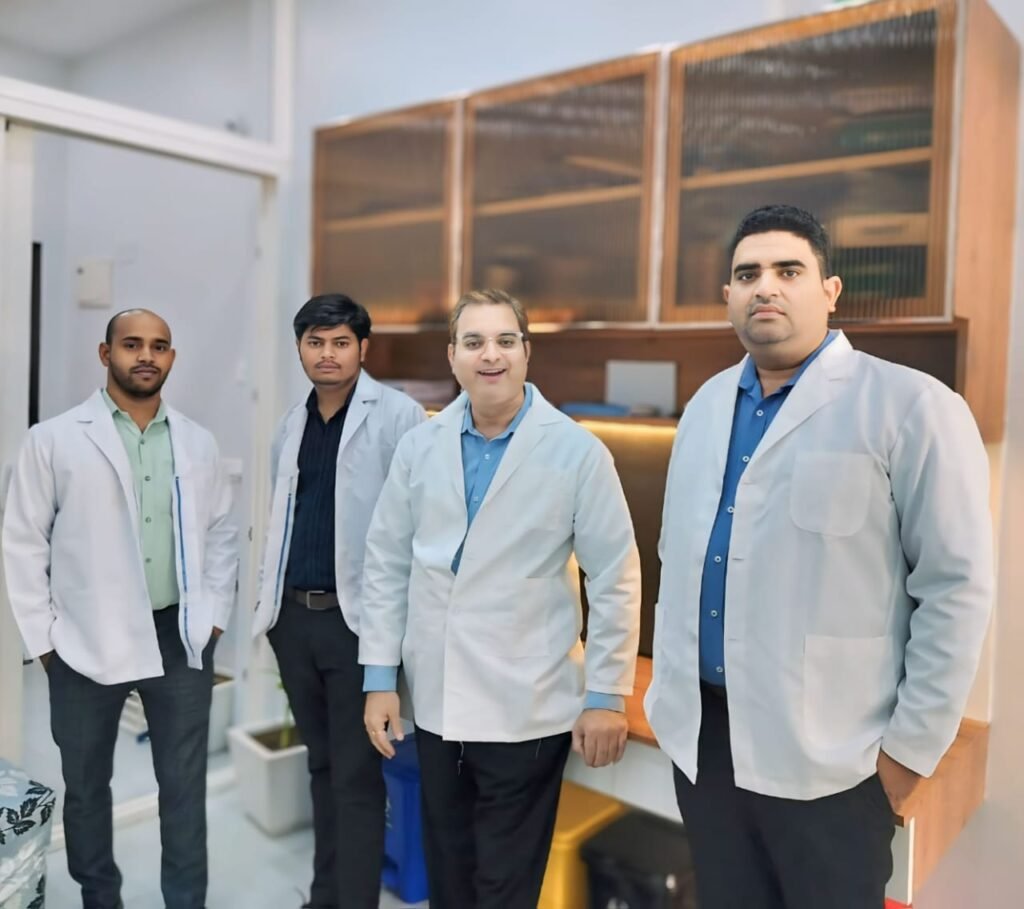
A Fibroscan is a painless, non-invasive test that measures the amount of fat and scarring in your liver. The scan takes about 15–20 minutes.
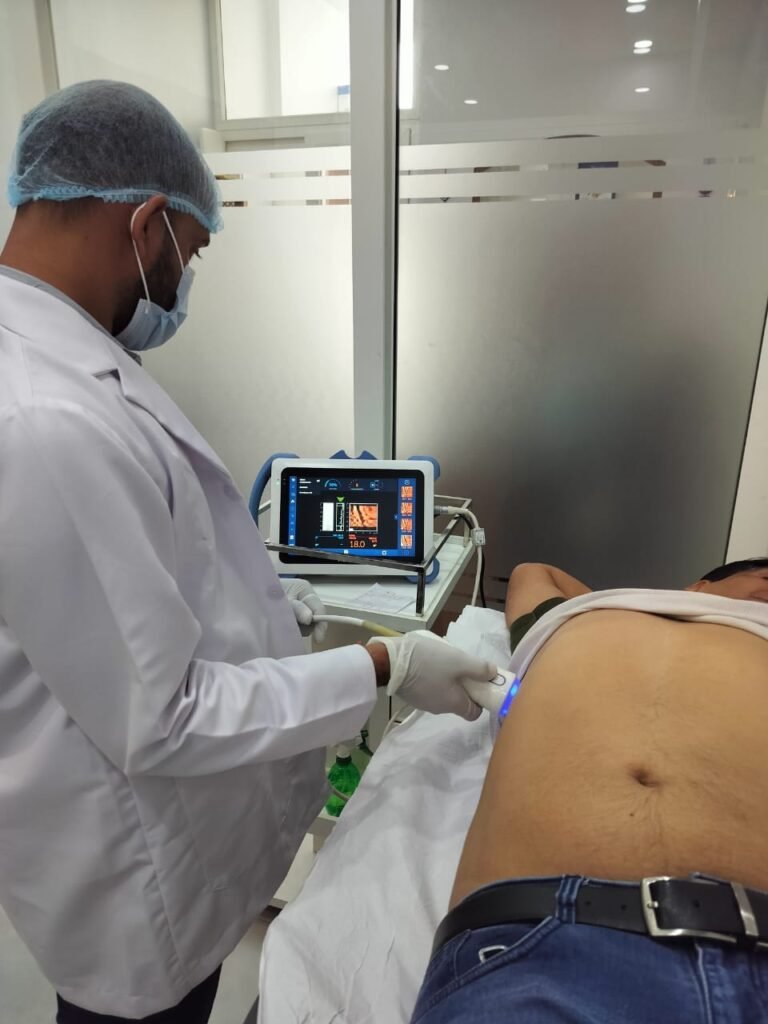
A Fibroscan is a simple, painless and non-invasive procedure used to accurately assess the health of the liver. During the scan, a probe is placed on the surface of the skin. Using a combination of an elastic wave (generated by a mechanical pulse) and ultrasound technology, a numerical value measuring the “stiffness” of the liver is recorded. This can indicate liver scarring (fibrosis), which can ultimately lead to cirrhosis and liver cancer. Let’s look in more detail at what a Fibroscan is.
Your physician may recommend a Fibroscan test if you have one of the following conditions:
The Fibroscan test can also be used to monitor liver health for patients following a liver transplantation.
A Fibroscan is non-invasive and can be done in less than 10 minutes. It’s a quick and painless way of assessing the liver’s health and has largely replaced the traditional liver biopsy. It provides critical information on liver health so quickly that the Fibroscan represents a major development in liver medicine.
Your liver is tough and can withstand years of damage by repairing itself and protecting the rest of your body. The downside is that this multifunction organ shows few signs of distress until it goes into the final stages of liver failure. This can mean that before you notice any of the symptoms associated with liver failure, the damage may already be irreparable. Quick, simple and risk-free, a Fibroscan can identify the early signs of liver damage that would otherwise go unnoticed.
A Fibroscan measures liver fibrosis or “scarring”, which is essentially liver damage that is often the result of metabolic syndrome, non-alcoholic fatty liver disease, chronic viral hepatitis or excess alcohol intake. If significant damage is detected, the patient will need a specialist to identify the cause of the damage and then manage the condition appropriately. In cases of no scarring or mild fibrosis only, lifestyle intervention is often enough to prevent the development of liver disease or avoid disease progression.
The traditional method of assessing the health of the liver is a liver biopsy; it’s an invasive procedure where part of the liver is removed and tested. A liver biopsy is also expensive, and the patient needs to stay in hospital overnight.
In rare cases, the sample taken isn’t representative of the health of the entire liver and the results can be interpreted differently, depending on the pathologist. A Fibroscan avoids these issues.
It is important to speak with your doctor if you have any questions about your Fibroscan results. In general, though, the Fibroscan will provide you with a:
CAP Score: The amount of your liver with fatty change is measured by your CAP score in decibels per meter (dB/m) and corresponds to your steatosis grade (S1, S2 or S3). The lower the percentage of your liver with fatty change, the healthier your liver is and the lower your CAP score and steatosis grade from your FibroScan. A CAP score of 5% or lower indicates a healthy liver, while a CAP score of 5% to 33% with a steatosis grade of S1 indicates a mild fatty liver. CAP scores and steatosis grades higher than that indicate moderate to severe liver fat content and more liver damage.
Fibrosis Score: Based on the amount of scarring in your liver, as measured in kilopascals (kPa), you will receive a fibrosis score. The lower the score, the less scarring you have on your liver and the healthier your liver is. A normal result is between 2 and 6 kPa. A fibrosis score of F0 to F1 indicates no liver scarring or mild liver scarring. The highest score possible is F4, which indicates advanced liver scarring, or cirrhosis.
With no restriction on the frequency of use, a Fibroscan can monitor the progression, stagnation or regression of liver disease following diagnosis. As the scan provides an accurate, quantitative measure of liver damage, it’s perfect for assessing the effectiveness of liver treatment or lifestyle changes.
Fibroscan preparation is simple and straightforward. You will be asked to fast for at least 2-3 hours before your liver fibrosis test, and to take only clear fluids during that time. You should wear comfortable clothes (e.g. shirt, loose dress) that can be moved/repositioned to allow the nurse to examine your right upper abdomen. Please do not wear any tight clothing to your appointment. You may also be asked to rest on the examination bed for a few minutes before the exam because it is important for the measurements to be taken while your body is at rest.
Good news! Fibroscan is not at all painful and doesn’t involve needles and doesn’t hurt., and no sedation is needed. If you have ever had an ultrasound before, you will find the Fibroscan procedure to be similar. When you get a fibroscan, you will be asked to lie down on a table so the operator can scan your liver area. Gel is applied to the area and fibroscan will send a pulse through your liver, a bit like an ultrasound. You may feel a slight vibration as the device sends energy pulses to your liver to gather measurements.
You hardly notice the pulse and about 10 pulses are measured.
A fibroscan doesn’t take long, the whole examination takes around 15-20 minutes.
 Call Now Button
Call Now Button